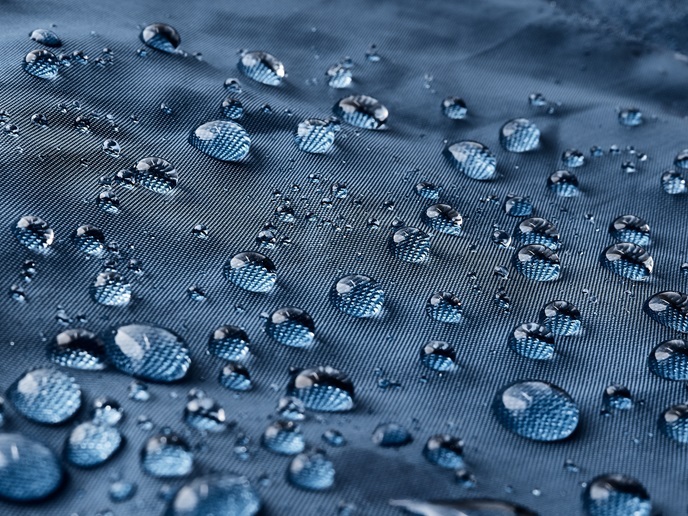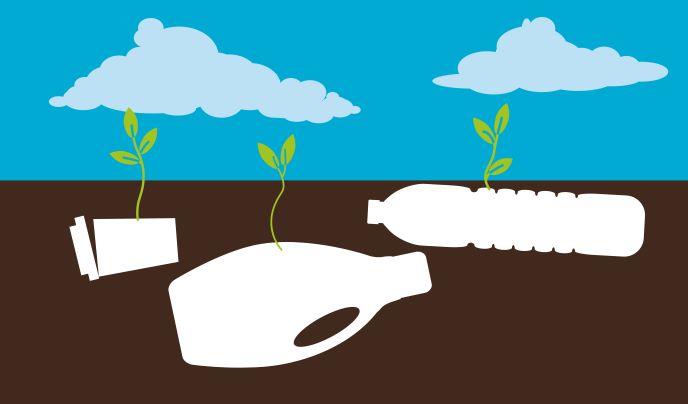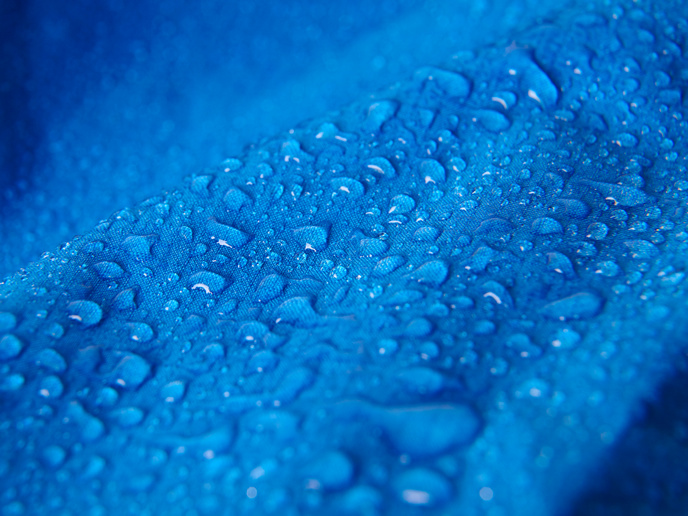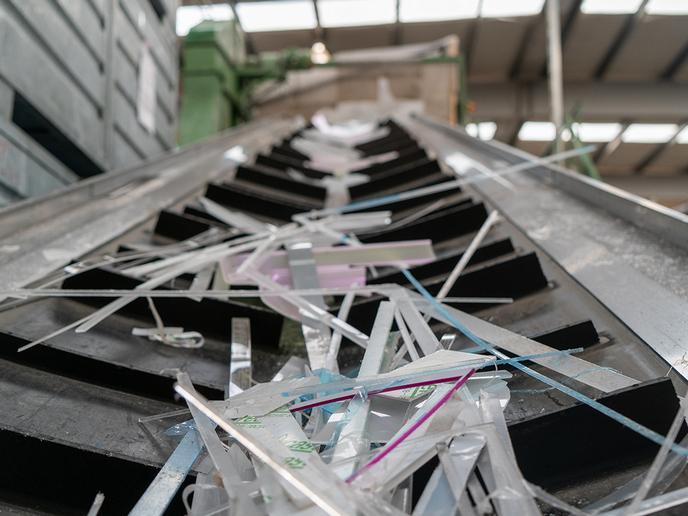Creating sustainable coatings that protect products and the environment
The global coatings market is expanding, while regulations are becoming increasingly strict in order to protect consumer and environmental safety. Many commonly used and conventional coatings contain hazardous substances, including per- and polyfluoroalkyl substances (PFAS), volatile organic compounds (VOCs) and heavy metals. “Additionally, coatings used in industrial applications may contain microplastics, which end up in waterways, harming aquatic life and biodiversity,” notes Johannes Seif, coordinator of the PROPLANET project. PROPLANET developed safe and sustainable by design (SSbD) coatings that eliminate these environmental concerns while maintaining high performance. The project focused on creating coatings in three key industries: textiles, food packaging machinery and glass. “Our bio-based hybrid coatings are designed to reduce environmental pollution, minimise toxic chemical exposure, and promote a circular economy by incorporating biodegradable and recyclable materials,” explains Seif.
New sustainable alternatives
The team developed various water-based coatings for the textile industry, using natural compounds such as polysaccharides. This also led to improved technical know-how, including formulations and properties derived from biomaterials. The developed coatings were applied on textile substrates and tested for properties such as water repellence, with performance measured against commercially available benchmark coatings. “With the proper fine-tuning of viscosity and other parameters, they could be applied on textiles by impregnation or knife coating techniques,” adds Fabiola Brusciotti, technical coordinator of PROPLANET. The material used 50 % less fluorine than other water-repellent fabrics. Components used in food preparation machinery require coatings with non-stick properties and high resistance to temperature and corrosion. The team used a chemical process known as the sol-gel technique to develop a PFAS-free alternative. This new coating is an organic and inorganic hybrid, consisting of a corrosion and temperature-resistant basecoat and a scratch-resistant top layer, with low surface energy for non-stick properties. The researchers also sought to design very thin, highly transparent glass coatings that are water-repellent and easy to clean. Using the sol-gel technique again, the team created environmentally friendly alternatives with equivalent properties to commonly used materials. “All PROPLANET coatings have been designed and optimised following a safe and sustainable by design approach,” says Brusciotti.
Interactive tool for industry stakeholders
PROPLANET’s glass and food-packaging machine coatings formulations are 100 % PFAS-free, with hydrophobic behaviour comparable to the current benchmarks. The team also started development on an interactive tool, which will provide valuable information to stakeholders and facilitate the replication of PROPLANET results and application of the developed materials. Several trials are now under way with industry stakeholders to evaluate the coatings in real-world applications and deliver feedback. By expanding to target industries such as construction, automotive and food packaging, PROPLANET will help lower carbon footprints and prevent the release of persistent pollutants into soil and water systems. “Through these innovations, PROPLANET supports EU sustainability goals, aligning with the Green Deal, zero pollution strategy and REACH regulations, ensuring that Europe leads the way in green technology and responsible manufacturing,” adds Ioanna Katsavou, communication and dissemination manager of the PROPLANET project.
Keywords
PROPLANET, PFAS, fluorine, coating, sustainable, alternative, interactive, tool, environment, food, textile, glass, safe and sustainable by design







